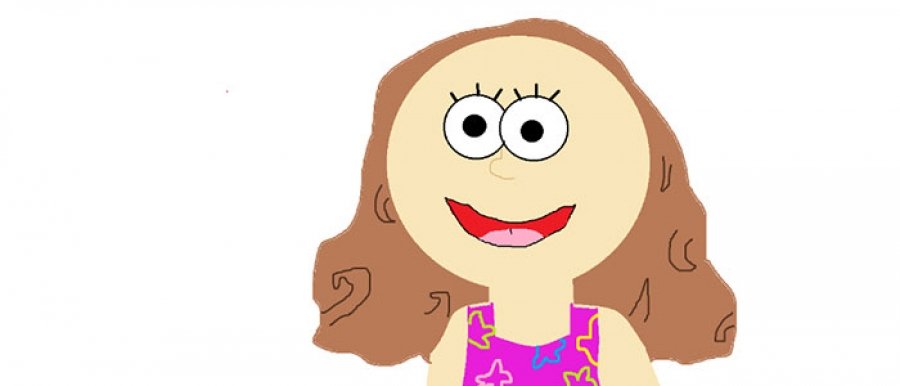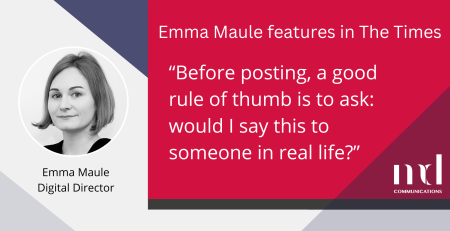Twitter is getting a bit of a bad reputation these days. What with the use of Periscope to film sexual assaults and examples of terrible trolling, almost too numerous to count, sometimes it seems like the social media platform has become a destructive and mean place, rather than the hub of information and networking that it was supposed to be.
However, while browsing through the internet archives I came across a story from 2014 that described the experiences of journalist Caitlin Moran when she allowed her daughter Nancy to take over her Twitter account for an hour. And that rather changed my view.
Caitlin has had her fair share of negative Twitter attention. Her 2013 #TwitterSilence campaign, a protest against the threats of violence received by many women via the platform, was supported by some but (predictably) jeered at by many. Creating hashtags such as #trolliday has put Moran in the direct line of troll fire and this was all before she ceded control of her Twitter account to Nancy. So, when the then 11 year old took over the tweets, I would imagine that her mum was pretty nervous. And yet a wonderful thing happened.
As Nancy proceeded to inform the Twittersphere about which of her cats was the obese cat and which the stupid cat, then going on to describe her fear of butterflies, a rather amazing thing happened: no one trolled her. While Moran took back control of the account after 37 minutes she did acknowledge that Twitter’s response to her daughter’s misspelled ramblings had been “100% gentle.” At that time Moran’s account had 500,000+ followers so the chances of there being some trolls ready to pounce within that number was pretty high. And yet they didn’t.
When you consider this kind of response, in comparison to the way that Twitter treats its adults, I wonder if there is anything we can learn from Nancy. Perhaps the most obvious factor is authenticity. From the spelling mistakes to the fiercely held facts, Nancy’s tweets were as genuine as they come and we know how much Twitter loves people being real and despises anyone with even a hint of fake or corporate robot. Nancy replied to people – in fact she made a point of saying that she was replying to all the people that her mum ignored – and that, again, is something Moran Snr may have forgotten as her social stardom has risen: Twitter demands reciprocity. And finally, Nancy was interesting with no qualms about revealing just enough personal information to forge a bond between her and other users.
For example:
“i have not read my mums books, but once when i was playing poker with my uncle and my sister the punishment if you lost was to read it.”
“i refused”
We often put a lot of effort into analysing and strategising Twitter, focusing on the need for ROI and overthinking the whole thing. Stripping it back to the basics – authenticity, reciprocity and good, interesting content – is perhaps the only lesson we need to learn. Because if you don’t overcomplicate it, Twitter is so simple a child could do it.












